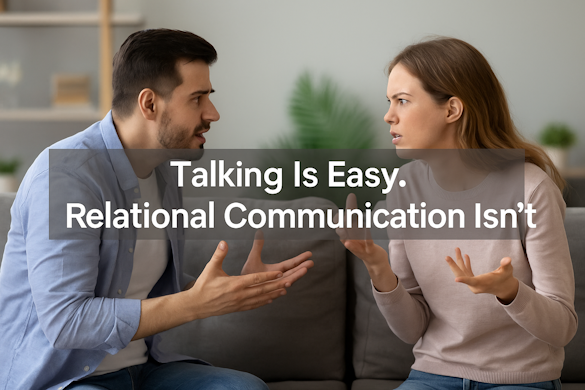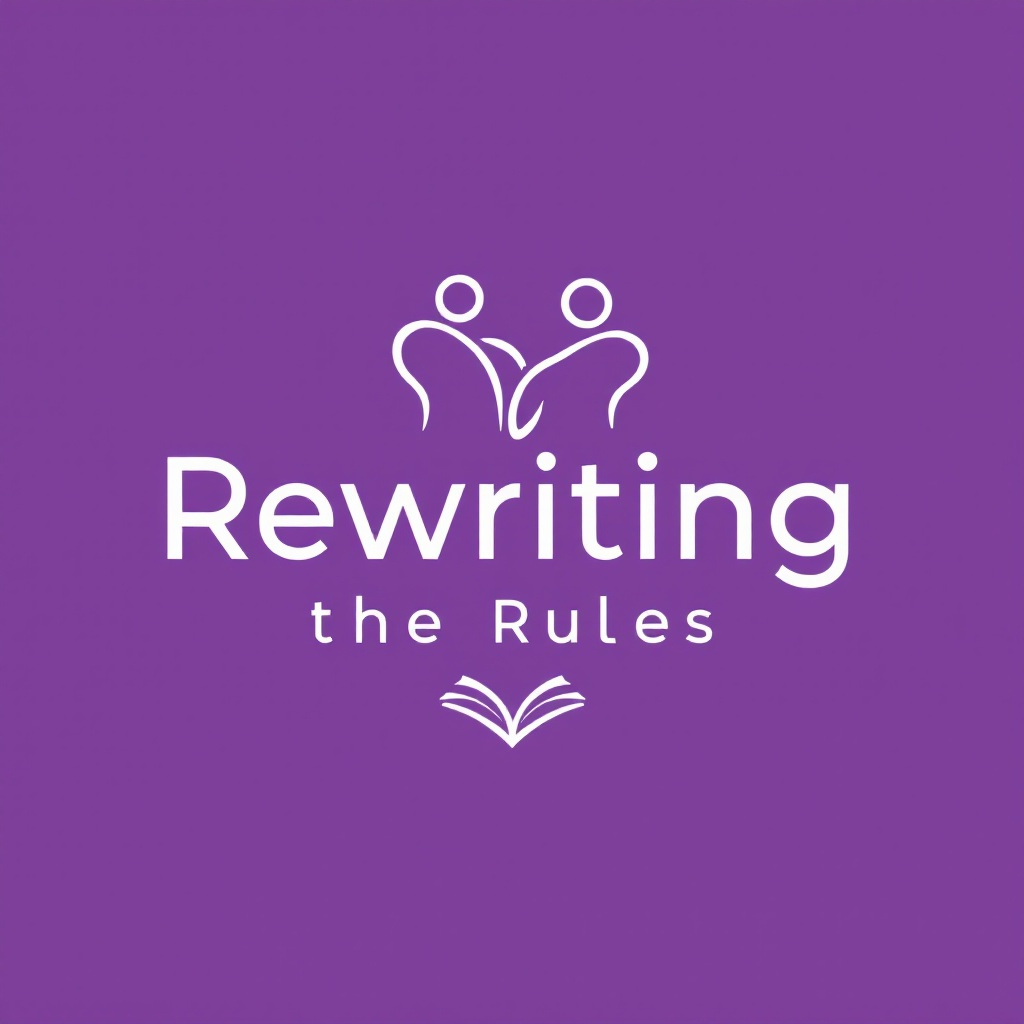When Infidelity Happens, Everything Changes
Whether it’s an emotional connection, a secret text thread, or full-blown physical intimacy—cheating isn’t always what you think. But the impact is almost always the same.
For the betrayed partner, it feels like the ground just gave way.
There’s shock. Rage. Numbness. And beneath it all—something even harder:
“What’s wrong with me that they chose someone else?”
And then comes the most dangerous part of all:
The search for “Why?”
It feels like the only thing that will make the pain make sense.
But I’ve worked with enough couples to tell you—asking why your partner cheated will not bring peace. In fact, it often causes more harm.
Let’s explore what really happens after betrayal—and how to move forward if you’re both willing to rebuild.
The Dangerous Spiral of “Why Did You Cheat?”
The betrayed partner usually ends up circling the same question:
“Why did you do it? Why would you risk this? What were you thinking?”
And understandably so.
They’re trying to make sense of something senseless.
But here’s what usually follows:
- The offending partner shares what they think is the reason
- The betrayed partner listens—but doesn’t fully believe it
- They ask again. And again. Hoping for something more honest or more satisfying
- The offending partner, now anxious, tries to answer again—but shifts one detail
- The betrayed partner hears that shift and suddenly feels re-wounded
- Now they don’t trust anything—and the spiral deepens
This is where the rebuilding process breaks down. Not because either partner is bad—but because the foundation is still flooded with fear, confusion, and emotional chaos.
If you're the betrayed partner, I’ll say this gently:
You have to stop asking “why.”
It’s not because the answer doesn’t matter—but because no answer will ever feel like enough.
What Needs to Happen Instead
When I work with couples facing infidelity, we don’t rush into forgiveness or explanations.
We slow everything down.
We get honest.
And we ask two powerful—but very different—questions:
🔹 For the Offending Partner:
“Why was my NO not big enough to stop me from getting involved with a third person?”
This is not a throwaway question. It’s core.
You may not know the answer yet—and that’s okay.
It often takes support to name the truth behind why you crossed that line.
It could be entitlement. Disconnection. Escape. Resentment. A buried belief that you deserved something more.
Whatever it is, you must find it. And speak it—not perfectly, but honestly.
Until you can answer that question, any conversation about the affair will likely feel shallow, reactive, or distorted.
🔹 For the Betrayed Partner:
“What part in all this did I play?”
This is not about blame. It’s about ownership.
You are not responsible for your partner’s choices. Period.
But every relationship is a system.
And somewhere along the way, that system became vulnerable.
This question invites you to reflect—not with shame, but with clarity:
- Had we grown emotionally distant?
- Was I unavailable, distracted, or angry for a long time?
- Did I ignore red flags in our intimacy or emotional connection?
Again: These questions do not justify betrayal.
They begin the process of rebuilding something new—from truth, not illusion.
Transparency While Trust Rebuilds
While these deeper questions take time to answer, there’s one immediate step the offending partner must take:
Become an open book.
This means full transparency—no secrecy, no withheld passwords, no “just trust me” speeches.
Until trust is re-earned, the betrayed partner needs access to:
- Phones
- Emails
- Social media
- Any platform where secrets once lived
This isn’t about surveillance.
It’s about
rebuilding safety in a place where safety was shattered.
There’s No Rekindling the Spark—There’s Only Building Something New
The truth is: there’s no going back.
The old relationship is over.
But that doesn’t mean your story is over.
Many couples go on to build entirely new relationships—ones based on radical honesty, emotional maturity, and true accountability.
They stop clinging to what was.
They start facing what is.
And they begin—brick by brick—to construct something real.
That’s the path forward.
And it’s not about getting back the spark. It’s about earning a different kind of fire—one rooted in truth.
Final Reflection
Infidelity doesn’t just break trust. It breaks identity.
The person who was cheated on often doesn’t know who they are anymore. The one who cheated may not recognize themselves either.
But if both partners are willing—truly willing—to do the hard work, to sit in the discomfort, and to stop performing and start owning…
Then healing is possible.
The road to recovery begins with the willingness to stop asking “why”
And to start asking:
“What do we need to build something better than what we had?”
Relationship Solutions Blog











